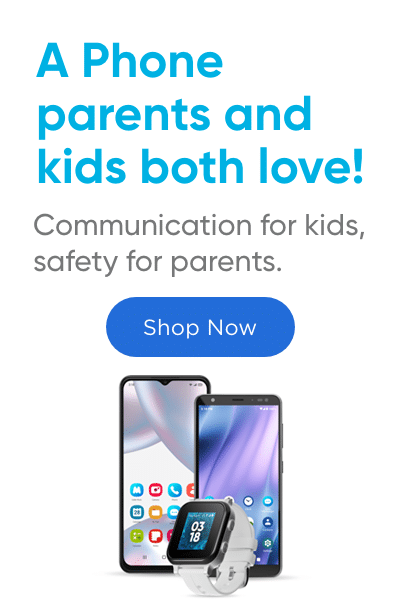What to Do Instead of Screen Time
MAR 09, 2021
What to Do Instead of Screen Time
Just how much screen time is enough for 21st-century life? Shockingly, many parents define “enough” much differently than their kids. Conversations about what to do instead of screen time, if not handled carefully, can quickly become heated. Both sides find themselves wishing for a much-simpler task, such as negotiating peace treaties on behalf of the United Nations.
Adding fuel to the fire is the fact that parents and teens quite literally have different brains. While parents operate primarily out of the prefrontal cortex—the area of the brain that assists with rational decision-making—teens do not. Until the age of 25, teens operate primarily out of the amygdala, their emotional center.
Left unchecked, parents can begin to “operate out of their amygdala” as well. At that point, all hope for facts prevailing over feelings is lost.
What to Do Instead of Screen Time
Strategies for setting rules vary widely from family to family. Start your discussion by ditching the word “rules” altogether. Instead, focus on setting boundaries by which everyone—including parents—agrees to abide:
1. Enjoy Paper-Only Reading Periods
Books, magazines, and newspapers (you know, the “old-fashioned” stuff that’s printed on paper).
Screen reading and paper reading are demonstrably different animals. Traditional, paper-based media—especially longer-form articles and books—has been shown to build comprehension and focus better than digital media. Screen readers spend additional time browsing, scanning, and digging for key terms, and always have the option to swipe away on a whim.
Paper-based media is more cognitively engaging and more relaxing. You’re far less likely to have a social media notification pop up while reading a paperback of Moby Dick.
2. Stack ‘Em When You Supper
At least two things happen when your family agrees to create a “stack-o-phones” at the table. Both outcomes are more important than any text you might miss.
The immediately obvious impact is that all parties have been denied the ability to feel a phone buzz or whir in their pocket or purse. Not only does this eliminate both the immediate distraction of the ping itself, but it also ensures you’re fully present in the family discussion.
Secondarily, piling up the tech sends an unspoken message to everyone at the table: We choose to set aside random texters in favor of the warm bodies that have gathered here to dine together.
3. Keep Screens and Sheets Separate
If you don’t already have one, buy a reliable alarm clock. Charge your phone somewhere other than where you sleep.
Many of us have become accustomed to using apps on our phones that play music, simulate white noise, stream media, and much more. Unless we are vigilant about turning off notifications and setting down times, our phones can interrupt our sleeping patterns during the night.
More commonly, we spend more time looking at our phones than we think we do, with our targeted bedtime slipping away minute by minute. Leaving the phone somewhere else sends a silent message to the body that says, “Time to unwind now.”
4. Play Hands-On Sports
Maybe it’s not impossible to text your friends while practicing your form swimming the butterfly, but it sure isn’t easy. Realize that’s a good thing.
Other sports, such as skateboarding, horseback riding, basketball, and motocross, may afford the opportunity to keep a smart phone in your pocket. More rigorous sports carry with them an increased risk of damaging your phone, or perhaps even sustaining a phone-related injury.
Even the slightest distraction during The Big Game might cause a missed free-throw. Plus, your teammates aren’t likely to be happy when they see you scrolling as they hustle up and down the court.
5. Champion a Low-Screen Lifestyle
Peer pressure is powerful. No one likes to be called out by those around them, especially when that critique is justified.
Shore up your own resolve to live a less screen-focused lifestyle by encouraging others to do likewise. Invite them to call to your attention (without penalty!) whenever you happen to unwittingly stray into a screen-induced coma.
One way teens can encourage their peers to pursue a more active lifestyle is by becoming a Gabb Ambassador. The Gabb Ambassador program helps young athletes and artists achieve their goals while inspiring and empowering others to chase their own.












Success!
Your comment has been submitted for review! We will notify you when it has been approved and posted!
Thank you!